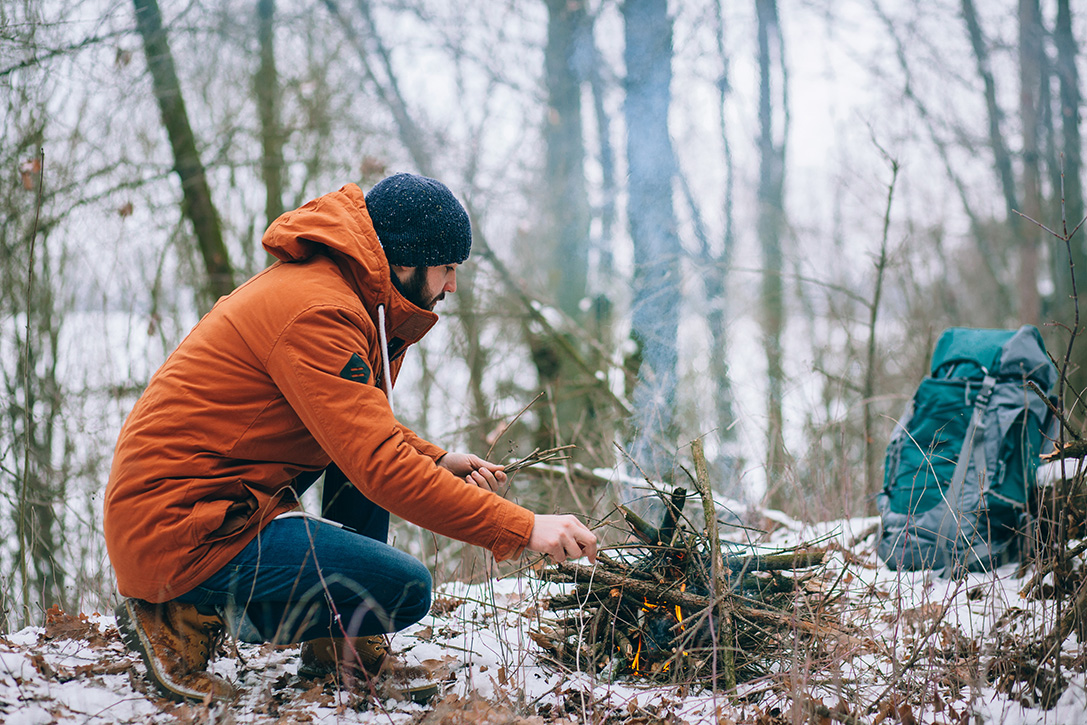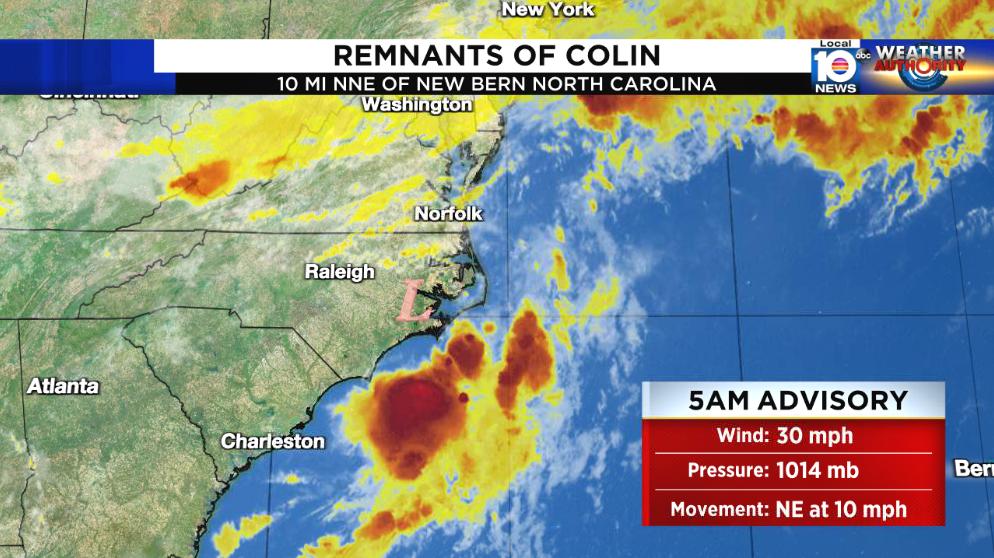
Chicago is currently suffering from a power outage, with many homes and businesses in the city and surrounding areas without electricity. Drivers are also being prevented from reaching their destinations by dangerous conditions caused by the icy weather.
You should check with local authorities before you leave the area. This will give you information about the road conditions in the area and whether there are shelters. This will ensure that you get there safely and efficiently.
Winter Power Outage Survival kit
If you are faced with a winter power outage for a long time, it is important that you have all of your supplies on hand. It can be the difference between survival or being left without heat in your home if you have a fully-stocked and prepared survival kit.

Winter Power Outage: What to Do?
When you prepare for a winter power cut, one of the most important tasks is to make a list of all the items you will require during the outage. List should include water, food, clothing, and other items that will be necessary to survive during the outage.
Also, ensure you have plenty of propane or gas so that your heaters can be run during the outage. This will ensure that you're able stay warm and protected during the outage.
It is crucial to think about what each member of your family will need when putting together your winter power-outage survival kit. This includes your children, elderly relatives, and those with health conditions that may require extra attention.
It is important to have sufficient supplies at all times as a winter power cut can cause severe damage. This will allow you to take care of yourself and your loved ones during the outage, and will give you enough time to get the necessary supplies restocked once power has been restored.

How to Heat Your House If the Power Goes Out
When it comes to heating your house when you are experiencing a winter power outage, it is best to stay in one room during the outage. This will prevent cold water from leaking through the windows and doors of your home and help you to keep your family comfortable.
To ensure your home is warm during an outage, it is a good idea turn up your thermostat before the event. This will increase your house's ability to stay warm for longer periods of time and save you money on your energy bills.
You should also have extra batteries in case your phone or other electronic devices goes down. This will enable you to remain in touch with family members and friends.
FAQ
Why are knot-tying skills so vital for survival?
Knots are used by people all over the world to tie together items such as ropes, fishing lines, ladders, etc. They can also be used to tie bags shut, secure objects to trees, or create shelters. You can save your life by knowing how to tie knots to trees or ropes, or to secure shelters.
What's the time taken to find help once you are lost?
This depends upon several factors.
-
Where are you?
-
Which type of terrain are you in?
-
No matter if you have cell phone reception
-
How many people have seen you?
-
Whether you're injured
-
It doesn't matter if you're dehydrated
-
Water consumption is a matter of personal preference.
-
Whether you have eaten recently
-
It doesn't matter if you are wearing the right clothing
-
It doesn't matter if you have a compass and a chart.
-
How familiar can you be with the area
-
How much time has passed since you became lost
-
How much time you spent looking for help
-
What is the average time it takes for people to notice what you are missing?
-
How quickly they decide to search for you
-
How many rescuers have you attracted?
-
How many rescues did you receive
What are some of the most important skills for survivalist camping?
It is important to be prepared for any situation when you embark on an adventurous trip. You need to know how to survive in extreme situations.
You need to be prepared for every type of weather. You could end up dying if you don't make these preparations.
What are the basics of survival in the wild and what do they teach?
The most important thing you need to know when you're living off the land is how to make a fire. It's not just a matter of lighting a match; you must learn how to start a fire using friction and flint. You also need to know how to avoid getting burned by the flames.
It's important to learn how to make shelter with natural materials like leaves, grasses, trees, etc. You'll need to know how best to use these materials to stay warm at night. You should also know how much water your body needs to survive.
Other Survival Skills
Even though they will help you to stay alive, they are not as crucial as learning how lighting a fire. Even though you can eat many types of animals and plants you won’t be cooking them if the fire doesn’t start.
Additionally, you'll need to know the best places and methods to find food. This is important because you could be starving or becoming sick if you don’t know.
What is the most essential item for survival?
Food is the most important thing that you must have to survive. You also need shelter from the elements, which are not as essential as food. If you don’t eat you won’t live very long.
How to remain calm and composed in a survival situation
You will do well in almost any situation if you have patience and calm. It's easy, especially in a survival situation where you are isolated from civilization, to panic. Keep calm and be patient, you will be able to handle whatever happens.
It is important to understand that you can't change the outcome of any situation. You can only control how you respond. You can feel good about yourself, even if your goals weren't met.
Remain calm and collected even in emergency situations. This requires being mentally and physical prepared.
Mental preparation includes having a clear goal in mind and setting realistic expectations for yourself.
Physical preparation refers to making sure you have enough water and food until rescue personnel arrive.
Once you have done both of these things, you are free to relax and just enjoy the experience.
Statistics
- In November of 1755, an earthquake with an estimated magnitude of 6.0 and a maximum intensity of VIII occurred about 50 miles northeast of Boston, Massachusetts. (usgs.gov)
- Without one, your head and neck can radiate up to 40 percent of your body heat. (dec.ny.gov)
- The downside to this type of shelter is that it does not generally offer 360 degrees of protection and unless you are diligent in your build or have some kind of tarp or trash bags, it will likely not be very resistant to water. (hiconsumption.com)
- The Dyrt PRO gives 40% campground discounts across the country (thedyrt.com)
External Links
How To
How to Find Edible Plants or Animals in Emergencies
Edible plants and animals are very important food sources during emergency situations. You should have them in your survival kit, as they can provide nutrition and energy that you do not have access to. You can use them to make cosmetics, medicines, and other items.
You should know where these plants grow and what kind of conditions they like, such as soil type, climate, and weather. This knowledge will allow for you to quickly identify the plants. It's not possible to know everything about every animal and plant species. Some general rules can be applied to all plants and animals.
For example, if you see a plant or animal growing near water, you can assume it likes moist soil. If the leaves are shiny, this means they have been watered recently. If you see ants around a plant, you can assume that the plant provides nectar for pollinators. These simple observations can help you save valuable time when searching for useful plants or animals in an emergency situation.
To learn more about edible plant and animal species, you can consult books written by botany or zoology specialists. You can also watch documentaries and talk to people who live in rural areas. You don't have to be an expert on animals or plants. Just follow these steps:
-
Seek out plants and animals that can be found near water.
-
Observe the growth habits of plants and animals.
-
Learn more about the natural habitats for animals and plants. For instance, you might search for areas that have a specific soil type, climate or vegetation.
-
Identify which parts of animals and plants you can eat.
-
Learn how you can cook both animals and plants.
-
Try to eat wild animals and plants so you are familiar with their taste.
-
Take care when collecting wild animals and plants. Do not pick from endangered species.
-
All wild animals and plants should be properly stored. These plants and animals should be kept cool, dry, and out of direct sunlight.
-
Always wash your hands after handling wild plants and animals.
-
Before you consume fruits or vegetables, wash them.
-
Don't consume raw meat or fish unless you're certain that it's safe.